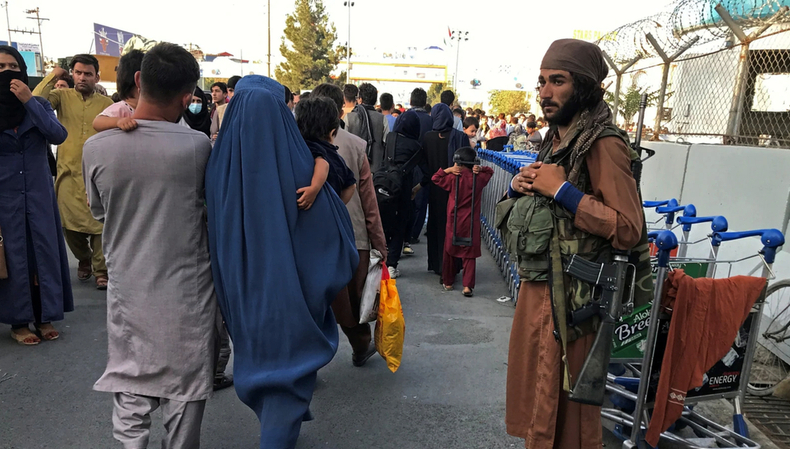From Kabul to Africa, the jihadists are ready to follow the Taliban

The most effective trick for the devil, they say, is to convince us that he doesn’t exist. The opposite is true for global jihad: to make the threat of the Islamic State appear enormous, ISIS theorists had launched a continuous claim for every violent gesture against Western objectives, perhaps linked to local factors or madness.
The mechanism restarted with the reconquest of Afghanistan by the Taliban, almost without fighting. All over the world, radical Islam rejoices and feels involved. And in Africa, a land of expansion for both Al Qaeda and Daesh veterans, the taking of Kabul is becoming a legend among the fundamentalists beyond profound differences between the geopolitical and historical contexts.
The first to exult were the Somali jihadists of Al Shabaab, who have sworn allegiance to Al Qaeda. “God is great,” read on a site linked to the fundamentalist organization on the news of the fall of Kabul. But, according to the London analyst Ahmed Rajab, interviewed by Deutsche Welle, “it is not clear what the link between the Taliban and the Shabaab is, whether there are organic or just opportunistic links.”
Kenya follows with concern the events in Afghanistan: “They could inspire other terrorist groups in East Africa to continue waging long-term wars in the hope of achieving similar victories in the future. The jihadists will try to emulate what happened in Afghanistan. It is a security threat to the region. Nairobi should return to the UN Security Council so that Al-Shabaab is finally labelled as a terrorist group, “Mustafa Y Ali, president of the study center,” Horn International Institute for Strategic Studies of Nairobi said.
In Mali, Iyad Ag Ghaly, the leader of Jamaat Nusrat al-Islam wal-Muslimin, another al-Qaeda affiliated organization, made his first public outing to congratulate the Taliban in two years. “We are winning,” said the fundamentalist leader, drawing a parallel between the withdrawal of foreign troops in Afghanistan and the French decision to reduce the military presence in the Sahel.
The enthusiasm of radical groups for Afghan events goes hand in hand on media and social networks with warnings for local governments, especially those who refer to foreign forces for maintaining security. “In Mali, many people are afraid because they see the same situation in Afghanistan,” Bouraima Guindo, editor-in-chief of the newspaper Le Pays. Nevertheless, Guindo reaffirmed that the foreign soldiers’ presence is necessary. If they leave, the situation will be more dangerous.
In the Nigerian press, a commentator points out that the Afghan lesson can serve the government of President Buhari because it does not trust the “repentants” of Boko Haram. And the Sahel Center for Strategic Studies warns not to forget the local jihadist groups, rooted in the area between Mali, Burkina Faso, and Niger, as well as Libya, which has been without a government for years.
In short, the contexts are different. Although there are some similarities, security expert Fulan Nasrullah told the BBC, stressing that the Islamist groups of West Africa exist where the state is weak, but they are more vulnerable than it.




